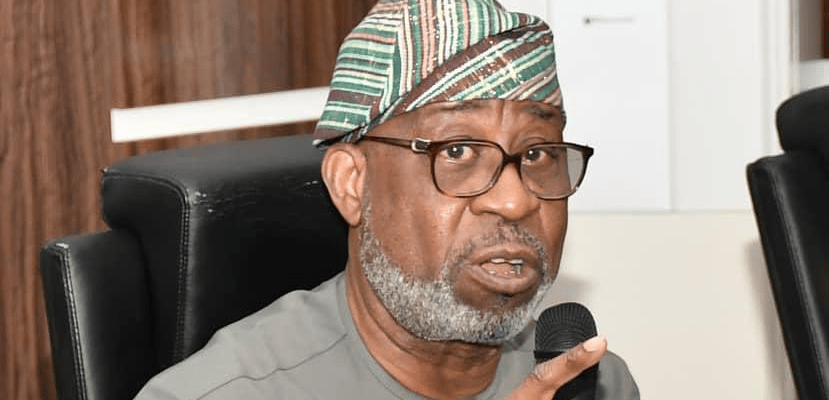The Minister of Solid Minerals, Mr. Dele Alake, has unveiled a comprehensive agenda aimed at transforming the Nigeria Solid Minerals sector, with a focus on enhancing international competitiveness and fostering domestic prosperity. This agenda consists of seven key initiatives:
Creation of the Nigerian Solid Minerals Corporation: The ministry will establish the Nigerian Solid Minerals Corporation to oversee and coordinate activities in the sector effectively. This corporation will likely play a central role in implementing various policies and initiatives.
Joint Ventures with Mining Multinationals: Collaborating with international mining companies through joint ventures can bring in much-needed expertise, technology, and investment to boost the sector’s growth and development.
Big Data on Priority Minerals: The ministry will gather comprehensive data on seven priority minerals, which are Gold, Coal, Limestone, Bitumen, Lead, Iron-ore, and Baryte. This data will be valuable for decision-making, investment attraction, and planning.
30-Day Grace Period for Illegal Miners: A grace period of 30 days will be granted to illegal miners to transition into legal artisanal cooperatives, encouraging them to operate within the bounds of the law.
Mines Surveillance Task Force and Mine Police: Enhanced security measures will be implemented in the solid minerals sector. This includes the establishment of a Mine Police force, trained to detect and apprehend illegal mining activities. A Mines Surveillance Security Task Force will also be set up to coordinate these efforts and address high-risk incidents related to mining law violations.
READ: Download List of Government/NGO Tenders in Nigeria with September 2023 Deadlines
Comprehensive Review of Mining Licenses: All existing mining licenses will undergo a thorough review to ensure compliance with regulations and to promote responsible mining practices.
Mineral Processing Centers: Six Mineral Processing Centers will be created to focus on value-added products in the mining sector. This initiative aims to add value to minerals before export, thereby increasing revenue and job opportunities.
Over the next four years and beyond, the Federal Government will actively intervene and attract investments to the mining sector, with a particular focus on the seven priority minerals mentioned earlier.
Currently, Nigeria possesses significant mineral reserves, including Gold, Limestone, Lead/Zinc, Baryte, Bitumen, Iron Ore, and Coal. These reserves provide a substantial foundation for development and growth in the sector.
Starting in October, a strengthened security regime will be implemented, featuring the Mine Police and the Mines Surveillance Security Task Force to combat illegal mining and enforce mining laws. Offenders will be prosecuted in competent courts, and both federal and state governments will be encouraged to play an active role in this process.
The underperformance of the mining sector can be attributed to various factors, including inefficient geo-data, weak implementation and enforcement of regulations, inadequate environmental, safety, and health policies, fragility and conflict issues, unregulated artisanal mining, limited technical capacity, difficulties in accessing financing, weak inter-governmental and inter-agency coordination, and challenges in federal-state relations. The minister’s agenda aims to address these issues and drive the sector towards greater success and sustainability.

